Soapstone has gained popularity as a material for kitchen countertops due to its unique properties and timeless appeal. Known for its natural beauty, soapstone has a smooth, matte finish that develops a patina over time, creating a distinctive character. It comes in various shades, ranging from light gray to dark charcoal, allowing homeowners to choose a color that complements their kitchen’s aesthetic. The veining and marbling inherent in soapstone add to its visual interest, making each countertop a one-of-a-kind piece.
One of the notable advantages of soapstone for kitchen countertops is its durability. It is a dense and hard material that can withstand the rigors of daily kitchen activities. While it may be softer than granite or quartz, it is less prone to cracking or chipping, and any scratches or nicks can often be sanded or oiled away, maintaining the countertop’s integrity.
Soapstone is renowned for its resistance to heat. This makes it an excellent choice for kitchen countertops where hot pans or pots may be placed directly on the surface. The material’s ability to absorb, retain, and evenly distribute heat prevents it from getting damaged or discolored over time. Homeowners who enjoy cooking will appreciate the convenience and peace of mind that soapstone offers in this regard.

The non-porous nature of soapstone makes it resistant to stains and bacteria. Unlike more porous materials like marble, soapstone does not require regular sealing to maintain its stain resistance. This characteristic makes it an ideal choice for a kitchen countertop, where spills are inevitable. Its low porosity also ensures that bacteria and other microorganisms cannot penetrate the surface, contributing to a hygienic kitchen environment.
Soapstone is relatively low maintenance, which is a significant advantage for busy homeowners. While some natural stones require regular sealing to maintain their performance, soapstone requires less upkeep. Applying mineral oil occasionally can enhance its natural luster and help accelerate the development of the patina, but this is not a strict necessity for the material’s longevity.
One of the unique features of soapstone is its ability to darken over time. This natural aging process, known as patina development, is embraced by many homeowners as it adds to the stone’s character. The patina is a result of the natural oils and minerals within the stone rising to the surface, creating a rich, deep coloration. The gradual transformation of the soapstone’s appearance over the years is often appreciated for the warmth and charm it brings to the kitchen.
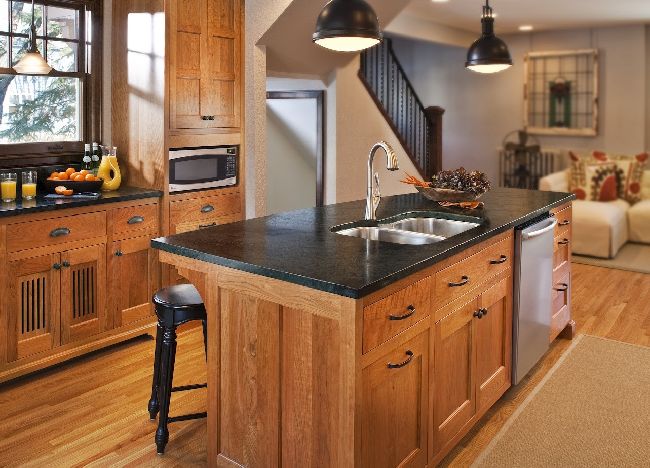
While soapstone is a relatively soft stone, it has a higher density than many other countertop materials. This density contributes to its resistance to staining, as liquids are less likely to seep into the surface. However, it’s essential to note that acidic substances like lemon juice or vinegar can affect the appearance of the soapstone, potentially lightening the surface. Some homeowners embrace these natural changes, considering them part of the material’s unique charm.
Soapstone countertops are recognized for their smooth and tactile feel. This quality adds to the overall sensory experience in the kitchen, creating a surface that is pleasant to touch. The unique texture of soapstone sets it apart from other countertop materials, providing homeowners with a distinct and enjoyable interaction with their kitchen surfaces.
One potential concern with soapstone is its susceptibility to scratches. While soapstone is less likely to chip or crack compared to other stones, it can be scratched with sharp objects. However, many homeowners appreciate the natural wear and tear that occurs over time, considering it part of the material’s evolving character. For those who prefer a pristine appearance, using cutting boards or trivets can help minimize the risk of scratches.
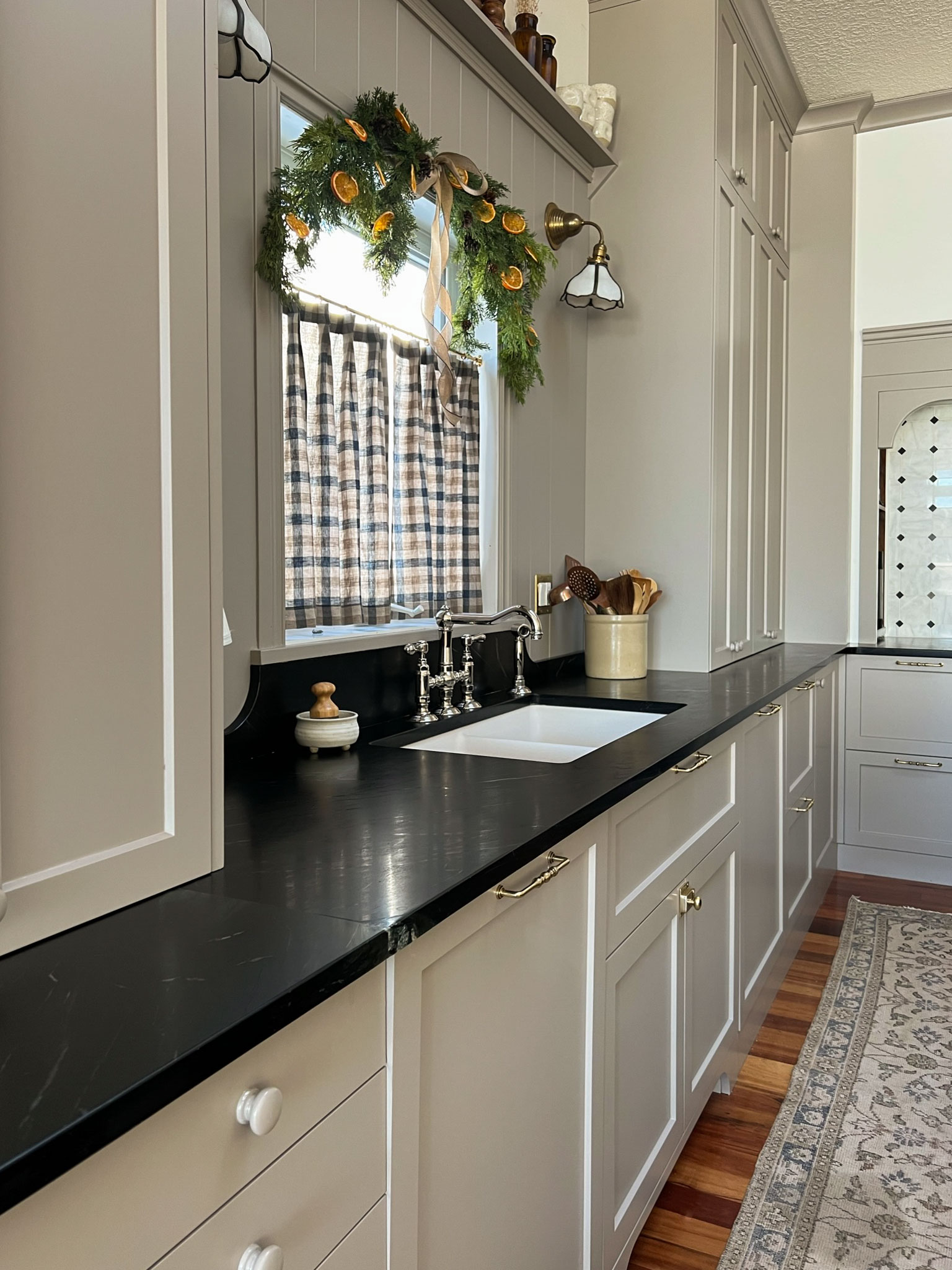
The versatility of soapstone is another reason for its popularity in kitchens. It can be seamlessly integrated into various design styles, ranging from traditional to modern. The stone’s natural beauty and ability to complement different cabinet finishes and color schemes make it a versatile choice for homeowners seeking a timeless and adaptable countertop material.
While soapstone is generally resistant to stains, it is not entirely impervious to them. Darker varieties of soapstone may show oil or water spots more prominently. However, these spots often fade over time or can be easily remedied with a gentle cleaning using mild soap and water. The natural variations in soapstone contribute to its charm, and many homeowners appreciate the evolving and organic look that develops with use.
Homeowners looking for an environmentally friendly option will appreciate that soapstone is a natural and sustainable material. It is extracted from quarries with minimal environmental impact, and its longevity and durability contribute to a reduced need for replacement over time. Additionally, the lack of harmful chemicals or resins in soapstone makes it a safe and eco-friendly choice for kitchen countertops.

Despite being a dense and durable material, soapstone is more forgiving on glassware and dishware compared to harder surfaces like granite. This quality is particularly beneficial in a kitchen, where delicate items such as glassware and china may come into contact with the countertop. The softer nature of soapstone reduces the likelihood of chipping or breakage when items are placed on the surface.
While soapstone is generally resistant to chemicals, it is advisable to avoid harsh cleaning agents or acids that may affect the stone’s appearance. Mild soap and water are sufficient for regular cleaning, and occasional applications of mineral oil can help maintain its luster. Homeowners should also be mindful of the potential for etching caused by acidic substances and take precautions to minimize the risk.
Soapstone is a viable and attractive option for kitchen countertops, offering a range of benefits that make it appealing to homeowners. Its natural beauty, resistance to heat, low porosity, and unique aging process contribute to its popularity. While soapstone may require some maintenance and care, its overall durability and timeless aesthetic make it a compelling choice for those seeking a distinctive and enduring material for their kitchen countertops.
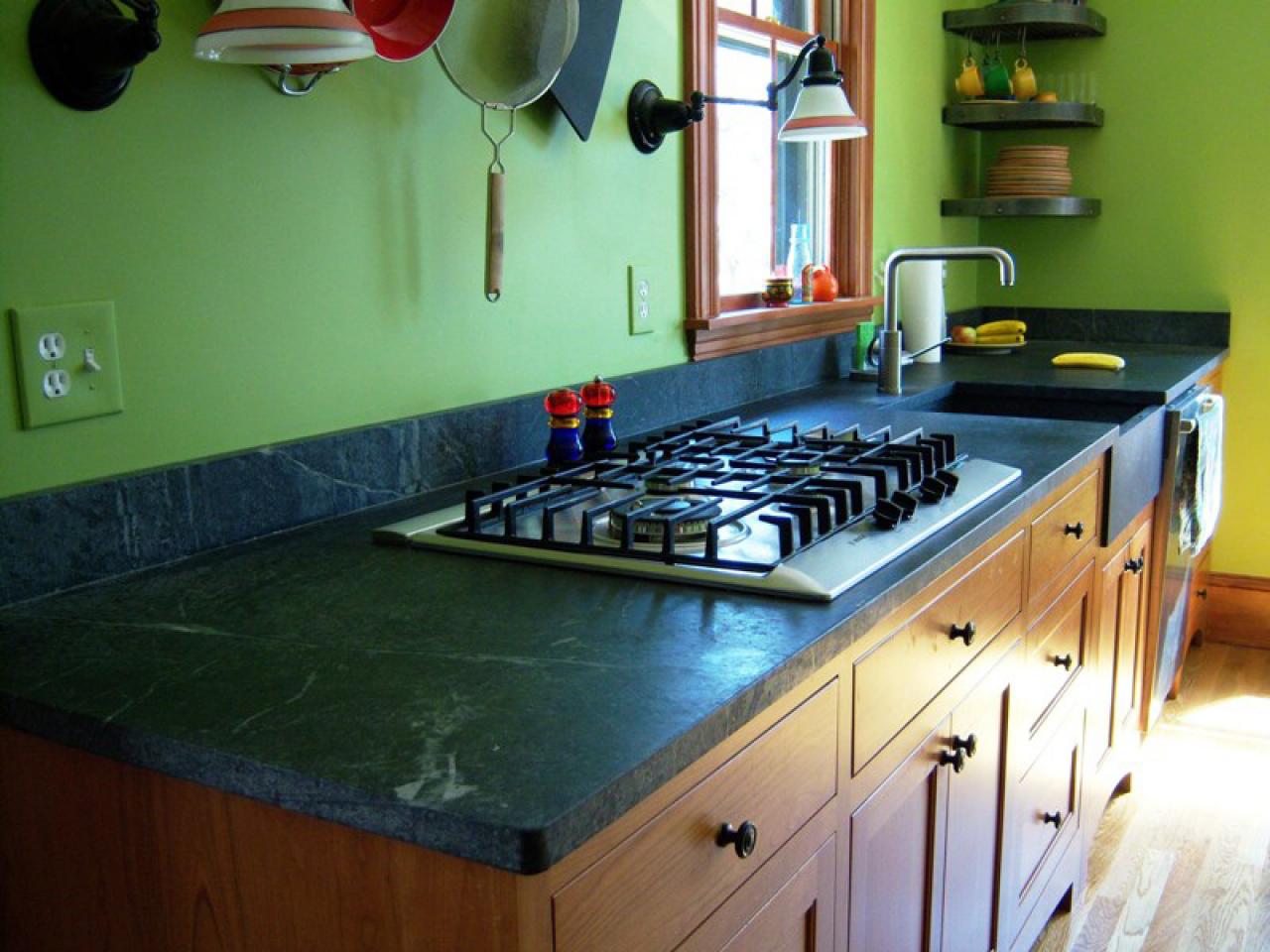
Your Complete Guide To Choosing Kitchen Countertops
:max_bytes(150000):strip_icc()/124578773_381089346468431_6666162709538182187_n-e1538fc7732d4b41861d63173fe4fbb0.jpg)
Soapstone Kitchen Countertops

Beautiful Soapstone Countertops for Your Kitchen Design

Pros and Cons of Kitchen Countertop Materials – KUKUN
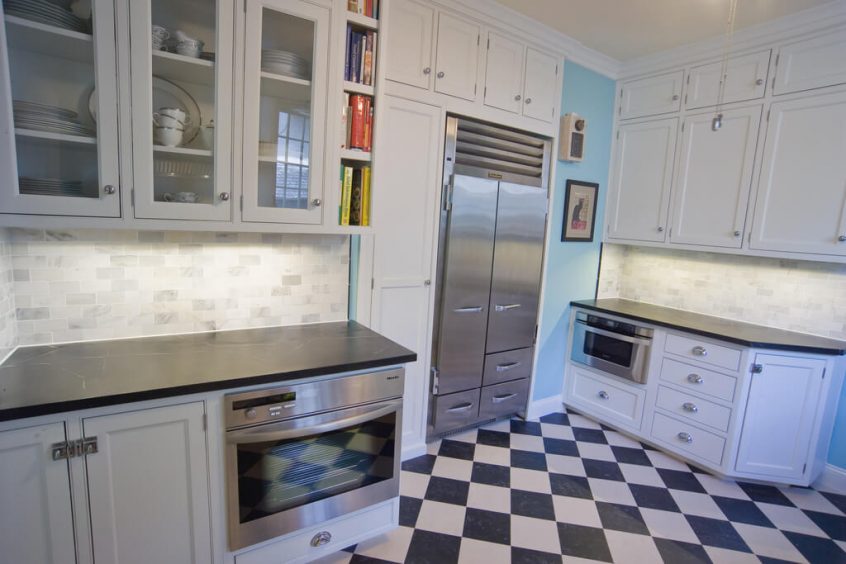
Soapstone Kitchen Countertops Ideas (PICTURES)
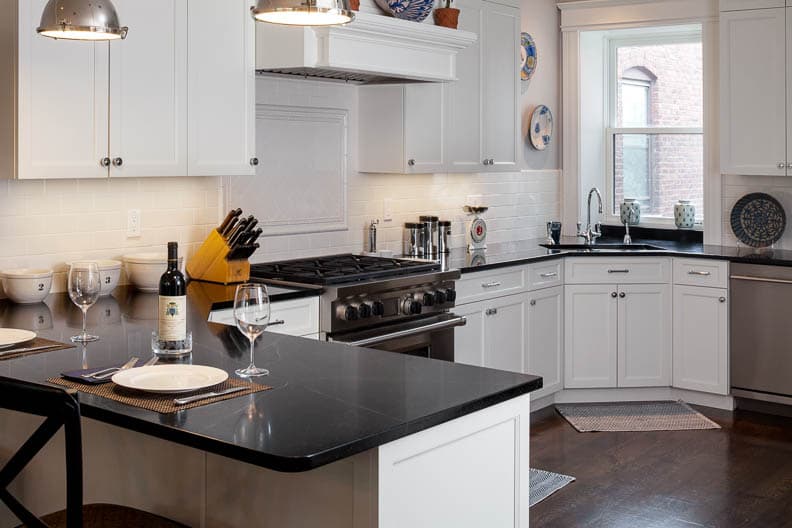
Soapstone with Navy Blue or black cabinets – Homchick Stoneworks, Inc.
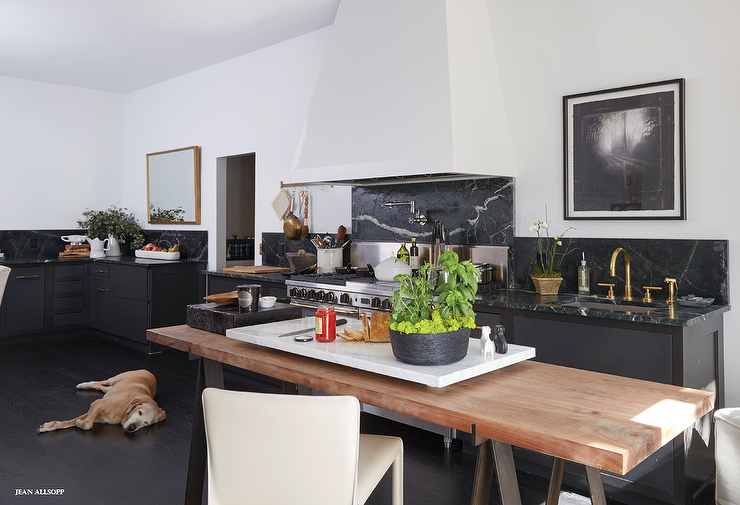
Are Sandstone Countertops a Good Choice for Kitchens? CounterTop Guides
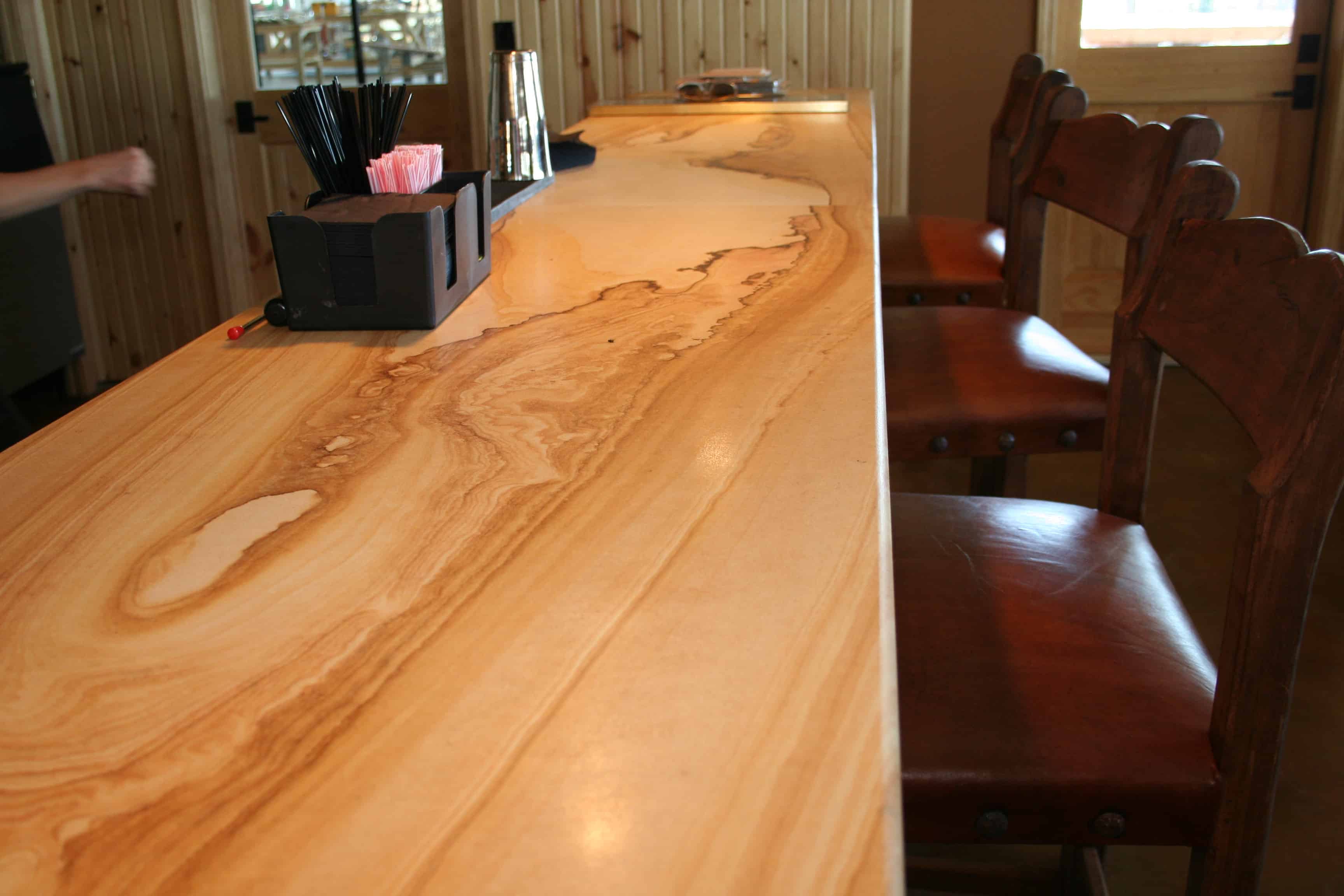
Summer Breeze Outdoor Kitchens What Are The Best Countertops For An Outdoor Kitchen?

Pin on Kitchen

Related Posts:
- Turquoise Kitchen Countertops
- Laminate Colors For Kitchen Countertops
- Heated Kitchen Countertops
- Country Kitchen Wood Countertops
- Pictures Of Black Granite Countertops In Kitchens
- Samples Of Granite Countertops In Kitchens
- How To Take Care Of Granite Kitchen Countertops
- Best Choice For Kitchen Countertops
- Mexican Kitchen Countertops
- All In One Kitchen Sink And Countertop